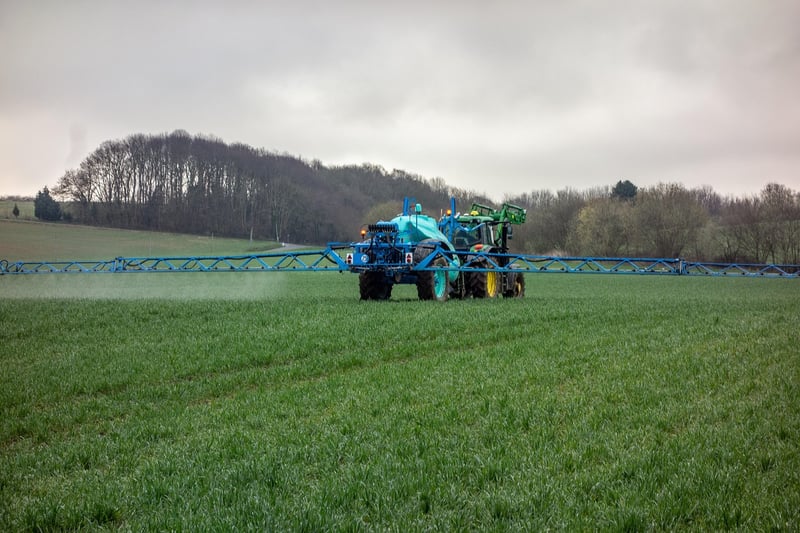Fertilizer Guide
The Essential Guide to Plant Nutrition and Fertilizers
Plants, like all living organisms, require essential nutrients to grow and thrive. While soil provides some of these nutrients, they are often insufficient for optimal plant growth. This is where fertilizers come into play. By supplementing the soil with the necessary nutrients, fertilizers can help ensure that your plants are healthy and vibrant.
Why Are Fertilizers Essential?
Plants require a variety of nutrients to carry out essential functions such as photosynthesis, growth, and reproduction. The primary nutrients that plants need are nitrogen, phosphorus, and potassium, often referred to as NPK. In addition to these, plants also require secondary nutrients like calcium, magnesium, and sulfur, as well as micronutrients such as iron, zinc, and manganese. Fertilizers provide these nutrients in the right quantities to support plant growth.
Types of Fertilizers
There are many types of fertilizers available, each designed to provide specific nutrients based on the needs of the plants. Some common types of fertilizers include:
- Nitrogen-Based Fertilizers: These are essential for promoting leafy, green growth in plants.
- Phosphorus-Based Fertilizers: These are crucial for root development and flowering.
- Potassium-Based Fertilizers: These help improve overall plant health and disease resistance.
- Organic Fertilizers: These are derived from natural sources and are rich in beneficial microorganisms.
How to Choose the Right Fertilizer
When selecting a fertilizer for your plants, consider factors such as the plant type, the stage of growth, and the nutrient requirements. It's essential to follow the instructions on the fertilizer package to avoid over-fertilizing, which can harm your plants. Conduct a soil test to determine which nutrients are lacking and choose a fertilizer that addresses those deficiencies.
Top Tips for Fertilizing Plants
- Apply fertilizers during the growing season when plants are actively growing.
- Water plants after fertilizing to help the nutrients reach the roots.
- Avoid fertilizing newly planted seedlings until they are established.
- Store fertilizers in a cool, dry place away from children and pets.
- Always wear gloves and wash hands after handling fertilizers.
Conclusion
Proper nutrition is essential for the health and vitality of your plants. By understanding the role of fertilizers and choosing the right type for your plants, you can ensure they receive the nutrients they need to thrive. Remember to follow the instructions carefully and monitor your plants' growth to make adjustments as needed.

For more information on plant nutrition and fertilizers, consult with your local garden center or agricultural extension office.
Images from Pixabay
